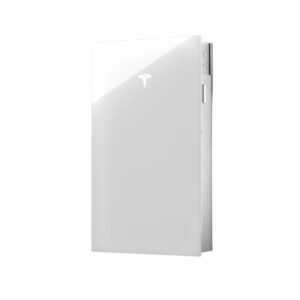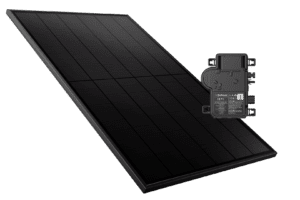Solar and electric hot water heaters are two of the most popular types of water heaters on the market. They both have their pros and cons, but which one is the best for your home?
Here’s a quick comparison of solar and electric hot water heaters to help you decide.
What is a solar hot water heater and how does it work?
A solar hot water heater is a type of water heater that uses solar energy to heat water.
Solar hot water heaters typically consist of a solar collector and an auxiliary energy source, such as an electric resistance heater or gas boiler. Hot water is circulated through the solar collector, where it is heated by the sun.
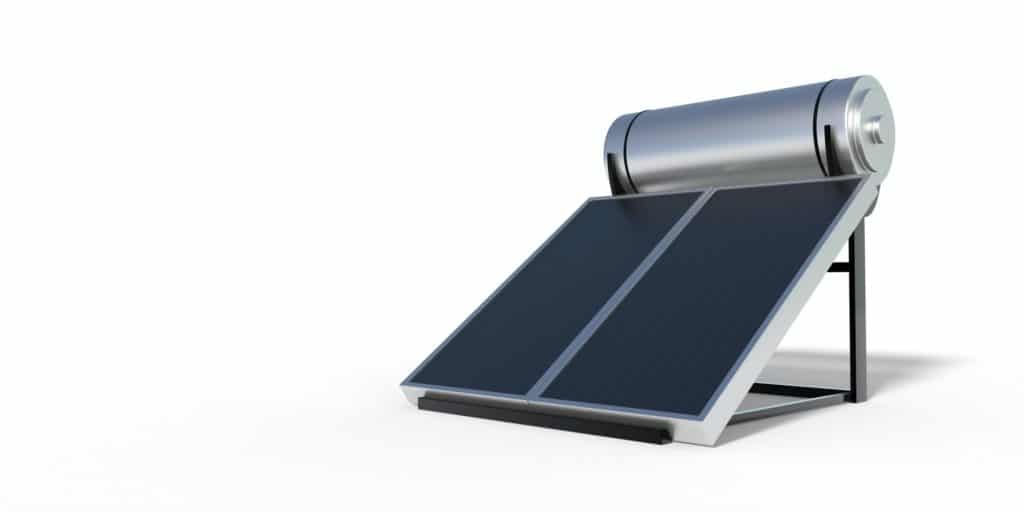
The hot water is then stored in a tank for later use. When the sun is not shining, the auxiliary energy source provides heat to the water. Solar hot water heaters are an efficient and environmentally friendly way to heat water. They can save money on utility bills and help to reduce greenhouse gas emissions.
Pros and cons of solar hot water heaters
Solar hot water heaters are a type of renewable energy system that uses solar panels to collect and store heat from the sun.
This heat can then be used to power a standard water heater, providing hot water for your home without using any fossil fuels. Solar hot water systems can be a great way to reduce your carbon footprint and save money on your utility bills. However, there are also some potential drawbacks to consider.
Solar hot water heaters can be expensive to purchase and install, and they may not work as well in cloudy or humid climates. In addition, solar panels can be damaged by hail or high winds, and the system may not provide enough hot water if you have a large family or use a lot of hot water.
Overall, solar hot water heaters offer a great way to save energy and reduce your impact on the environment, but it is important to weigh the pros and cons carefully before making a decision.
What is an electric hot water heater and how does it work?
An electric hot water heater is a device that uses electricity to heat water. The heater consists of an outer metal casing, an inner metal tank, and a heating element. The outer casing is typically made of steel or aluminum, and the inner tank is usually made of stainless steel.
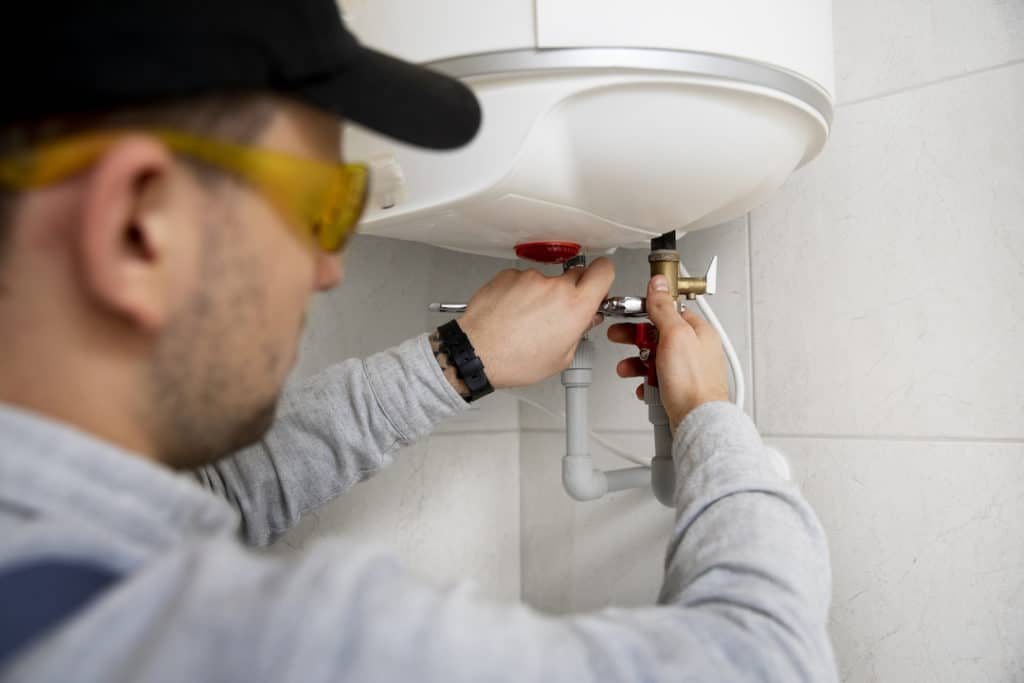
The heating element is a coil of resistance wire that is located inside the tank. When electricity is supplied to the heater, it flows through the heating element and causes it to heat up. The heat from the element then transfers to the water in the tank, causing the water to become hot.
Most electric hot water heaters have thermostats that control the flow of electricity to the heating elements. This allows the user to set the desired temperature for the water. Hot water heater must be properly installed and maintained in order to work effectively and safely.
Pros and cons of electric hot water heaters
A key decision that homeowners must make when choosing a hot water heater is whether to go with a gas-powered or electric model.
Each type of heater has its own set of pros and cons, so it is important to weigh all factors before making a purchase. One advantage of electric heaters is that they are typically cheaper to install than gas models.
Electric models also tend to be more energy-efficient, meaning that homeowners will see lower utility bills each month. However, electric heaters have a few potential drawbacks.
They require a large up-front investment, and they can take longer to heat water than gas models. In addition, electric heaters are not as effective in very cold climates.
As a result, homeowners should carefully consider all factors before deciding whether an electric or gas hot water heater is right for their home.
How to decide if solar hot water or electric hot water is best for your home?
With the rising cost of utilities, many homeowners are looking for ways to reduce their energy consumption. One area that is often overlooked is hot water.
Heating water accounts for a significant portion of the average home’s energy usage, so it makes sense to explore more efficient options.
Solar hot water and electric hot water are both viable options, but they each have their own advantages and disadvantages.
To decide which is best for your home, you will need to consider a number of factors including:
- Climate
- Location
- Household size
- Budget
Climate is perhaps the most important factor to consider. In warmer climates, solar hot water systems are typically more efficient because they can take advantage of the sun’s heat.
However, in cooler climates, electric hot water systems may be a better option because they can maintain a consistent temperature regardless of the outside temperature.
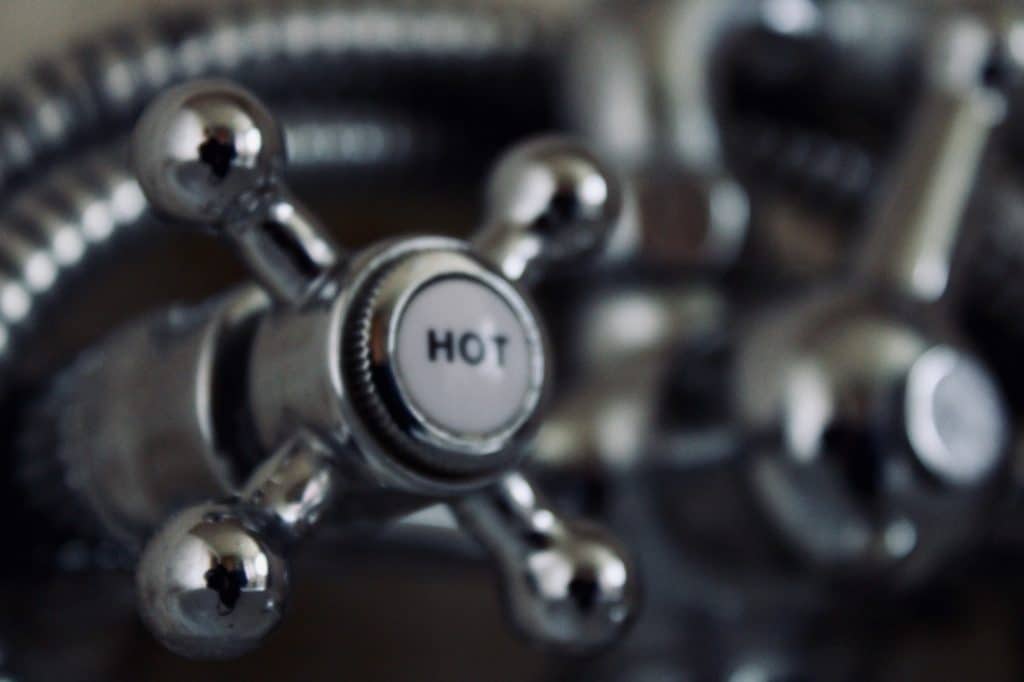
Location is also important. Solar hot water systems rely on sunlight to function, so homes that are shaded by trees or other buildings may not be good candidates for solar systems.
Electric hot water systems, on the other hand, can be used anywhere. Finally, you will need to consider household size when making your decision. Solar hot water systems typically have a smaller capacity than electric systems, so larger families may find that an electric system is a better option.
Your budget also plays a role in your decision. Solar hot water systems are generally more expensive to purchase and install than electric systems.
Once you have considered all of these factors, you will be in a better position to decide which type of hot water system is best for your home. Solar or electric? The choice is yours!
Final Thoughts
Solar and electric hot water heaters both have their own unique benefits and drawbacks.
It is important to consider your specific needs before deciding which type of system is best for you.
If you are still unsure after reading this article, please contact a professional to help you make the best decision for your home.

